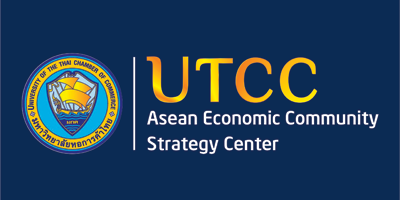Philippines leads in internet speed increase
MANILA, Philippines – Akamai, a leading content delivery network services provider for media and software delivery, and cloud security solution, recently came out with its State of the Internet Q1 2017 Report.
According to Akamai, the Philippines, together with Thailand and China, led the Asia Pacific cluster in gains with each country enjoying a 20 percent quarterly boost in average connection speeds.
Akamai clocked the Philippines’ average connection speed for Q1 2017 at 5.5 Mbps – a 20 percent change QoQ and a 57 percent change YoY. The last three quarters of the report showed a consistent improvement in the Philippines’ average mobile connection speed.
Akamai, also cited the Philippines’ improvements in other categories.
On the “above 4 Mbps broadband adoption” category, the Philippines’ adoption rate is now at 39 percent, representing a growth rate for the country of 26 percent QoQ and 111 percent YoY.
On the “above 10 Mbps broadband adoption” category, the Philippines’ adoption rate is now at 11 percent, representing a growth rate for the country of 53 percent QoQ and 330 percent YoY.
On the “above 15 Mbps broadband adoption” category, the Philippines’ adoption is now at 6.2 percent adoption, representing a growth rate for the country 72 percent QoQ and 509 percent YoY.
The recent Akamai report also mentioned that, “Although the Philippines has the lowest ranking among Asia Pacific countries/regions for this metric, as well as some of the broadband adoption metrics, first quarter announcements suggest it may see improvements to its infrastructure in coming years, as Philippine President Duterte approved a plan to deploy a national broadband network at an estimated cost of $1.5 billion to $4.0 billion (77 billion to 200 billion pesos). The network will be used to host a national portal and other online government services, as well as to connect remote areas of the country that are underserved by existing broadband providers. Deployment could begin as early as June, with a three- to five-year timeline for completion.”
Source: http://www.philstar.com/business/2017/06/05/1706696/phl-leads-internet-speed-increase


 English
English




